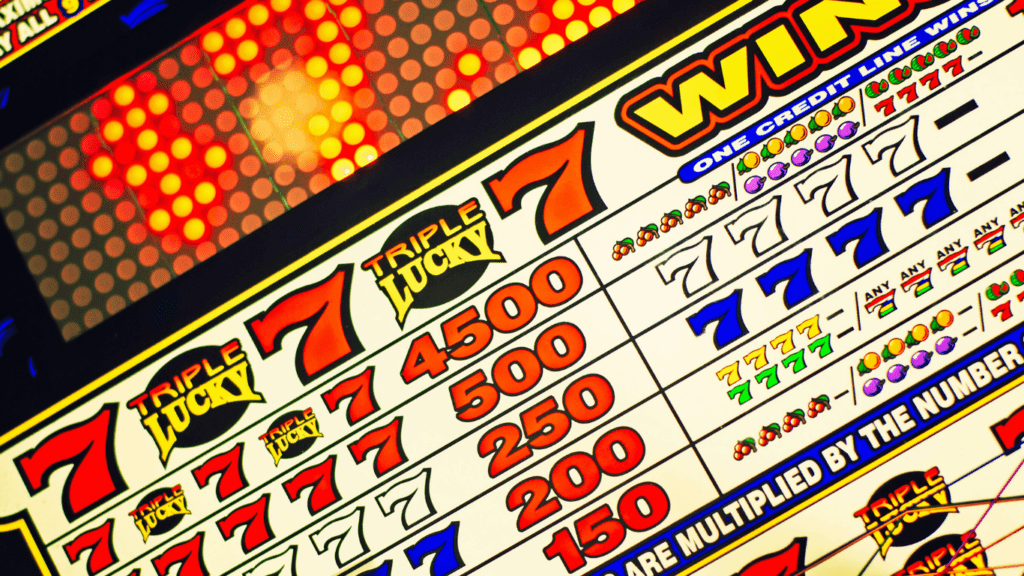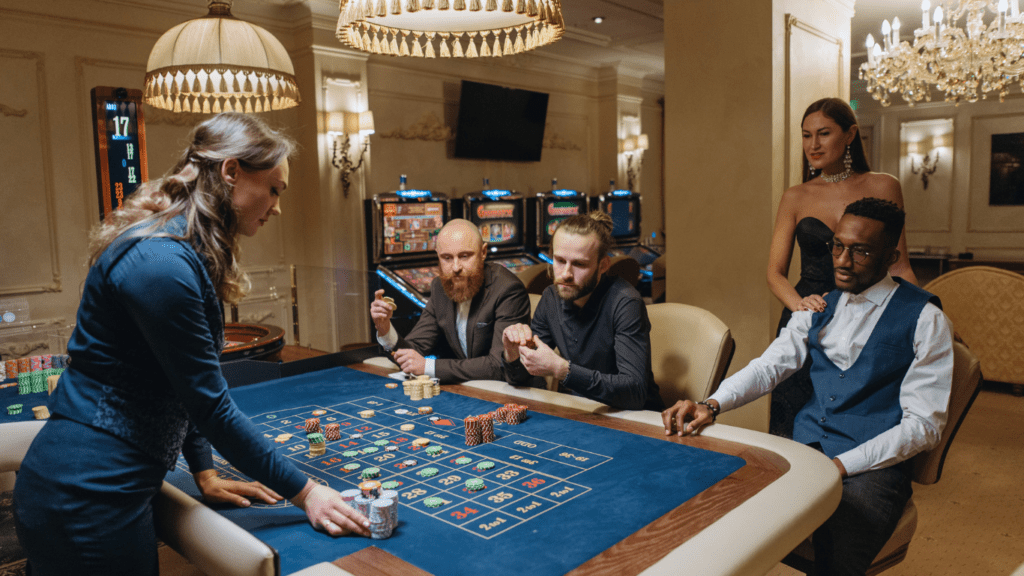Jackpot gaming has always intrigued me. There’s something thrilling about the mix of chance and skill that keeps players coming back for more. While the allure of luck can make every spin or card flip feel magical, I’ve often wondered how much strategy really influences the outcome. Is it all just a roll of the dice, or can a calculated approach tip the odds in your favor?
Understanding Jackpot Gaming
Jackpot gaming combines unpredictability with strategic decision-making, creating an experience that appeals to a broad range of players. By examining the elements of chance and skill, I analyze how they contribute to this popular form of entertainment.
The Thrill of Chance
Chance defines the essence of jackpot gaming, where every spin or draw carries unpredictable outcomes. Random number generators (RNGs) ensure the fairness of many games, introducing an element of suspense. For example, in slot machines, the RNG generates results irrespective of prior spins, making each round a unique opportunity for a win. This randomness creates excitement, as players anticipate outcomes beyond their control.
The Role of Skill and Strategy
Skill and strategy can influence decision-making, particularly in skill-based jackpots or games blending chance with player input. Analyzing paytables, managing bankrolls effectively, and timing bets are examples of applying strategy. In poker-based jackpots, players utilize strategies like reading opponents or calculating odds, showcasing how decisions impact results. Strategic play minimizes risks while maximizing potential rewards, offering players a sense of control amidst the randomness of jackpot gaming.
The Influence of Luck in Jackpot Games
Luck plays a dominant role in jackpot gaming, setting the stage for unpredictable and thrilling outcomes. It creates an environment where results are not guaranteed, making every spin or draw uniquely exciting.
Randomness in Game Outcomes
Random number generators (RNGs) ensure fairness in most jackpot games by producing outcomes free from patterns or bias. For example, slot machines and digital lottery systems utilize RNGs to determine winning combinations. This randomness eliminates predictability, leaving every outcome purely dependent on chance. Additionally, pre-defined odds, like those in progressive jackpots, ensure that each player has a specific probability of winning, regardless of prior outcomes.
How Luck Shapes Player Experience
Luck intensifies the emotional engagement of players, blending hope, suspense, and surprise into the gaming experience. In games like slot machines or roulette, where decisions have no impact on results, players focus on luck as the deciding factor. Winning, especially large jackpots, can feel like a rare event dictated by pure fortune. This reliance on chance fosters both moments of exhilaration and the drive to continue playing, as players chase the possibility of future wins.
Strategy in Jackpot Gaming: Myth or Reality?

Strategic play often appears to contrast with the randomness of jackpot games. While luck dominates most outcomes, strategy plays an essential role in influencing a player’s choices and overall approach.
Basic Strategies for Jackpot Success
Effective strategies can improve decision-making in specific jackpot games. Players can focus on understanding game rules, payout structures, and optimal betting methods.
- Analyzing Paytables: Reviewing paytables reveals the frequency and value of potential payouts. In games like jackpot slots, identifying high-return combinations helps make informed game choices.
- Bankroll Management: Allocating budgets ensures prolonged play without overspending. For example, dividing funds into smaller bets enhances longevity and reduces financial risks.
- Skill-Based Games: Poker or blackjack rewards skill development. I’ve observed that employing probabilities, bluffing techniques, and timing works in maximizing potential wins.
Limits of Strategy in Luck-Based Games
Luck-based games like slot machines and roulette limit the impact of strategy. Despite calculated efforts, outcomes remain dictated by random number generators.
- RNGs and Outcomes: Random number generators eliminate predictability. No matter the approach, results of a slot spin or lottery draw are impossible to influence.
- Predictability: Strategy can’t override probabilities tied to house edges in games like baccarat. The likelihood of long-term wins remains statistically constrained.
- Focus on Entertainment: My experience shows that viewing such games primarily as entertainment instead of strategy-heavy activities aligns better with their design.
Strategic thinking enhances engagement and decision-making but operates within constraints of individual game mechanics.
Finding the Perfect Balance
Balancing luck and strategy in jackpot gaming creates a more immersive and rewarding experience. While luck dictates outcomes in many games, applying strategy where possible enhances control and decision-making.
When to Rely on Luck
Luck plays a central role in games driven by randomness, such as slots or roulette. In these scenarios, players engage with outcomes created by RNGs, ensuring fairness but removing any possible prediction. For example, in digital lottery games, each ticket holds an equal chance of success, making luck the sole determinant. I approach such games as entertainment, focusing on managing expectations rather than trying to influence results. Recognizing when outcomes fall solely to chance allows me to avoid overanalyzing and enjoy the excitement of unpredictability.
Incorporating Strategy Effectively
Strategy is vital in skill-enhanced games like poker or blackjack, where decisions impact odds. To incorporate strategy, I first analyze game rules and paytables to identify high-return combinations. For instance, prioritizing low house-edge bets in blackjack can improve my long-term outcomes. I also manage my bankroll by setting limits, ensuring I maximize playtime without exceeding financial comfort. Researching optimal strategies for specific games boosts my confidence and helps me make informed choices while playing. By combining calculated decisions with luck-based gaming elements, I achieve a more controlled and enjoyable experience.



 Carl Transonicster is a passionate content creator and the voice behind JackpotRollZone, your go-to destination for the latest in sports analytics and digital betting insights. With a talent for simplifying complex topics into engaging, easy-to-digest content, Carl keeps readers informed and empowered. At JackpotRollZone, Carl blends a love for storytelling with a strong understanding of the sports and betting industries, offering fresh perspectives and practical advice to enhance your experience.
Carl Transonicster is a passionate content creator and the voice behind JackpotRollZone, your go-to destination for the latest in sports analytics and digital betting insights. With a talent for simplifying complex topics into engaging, easy-to-digest content, Carl keeps readers informed and empowered. At JackpotRollZone, Carl blends a love for storytelling with a strong understanding of the sports and betting industries, offering fresh perspectives and practical advice to enhance your experience.
